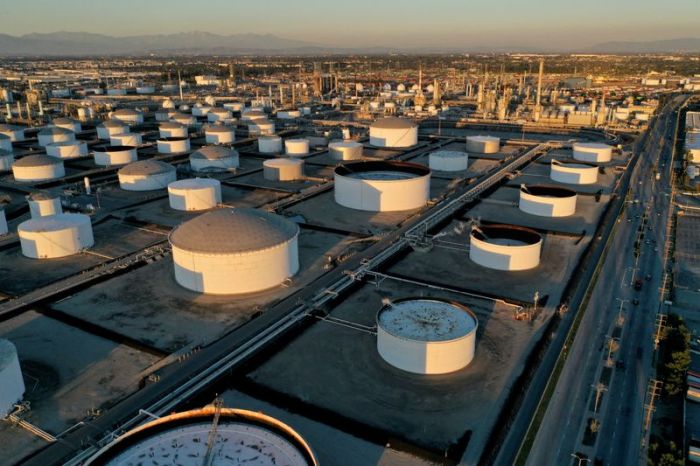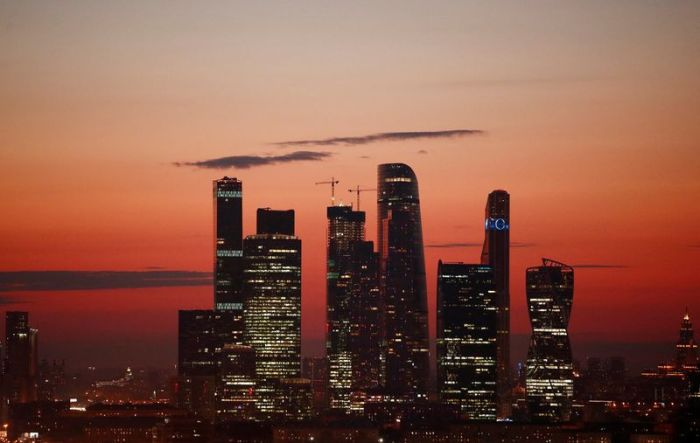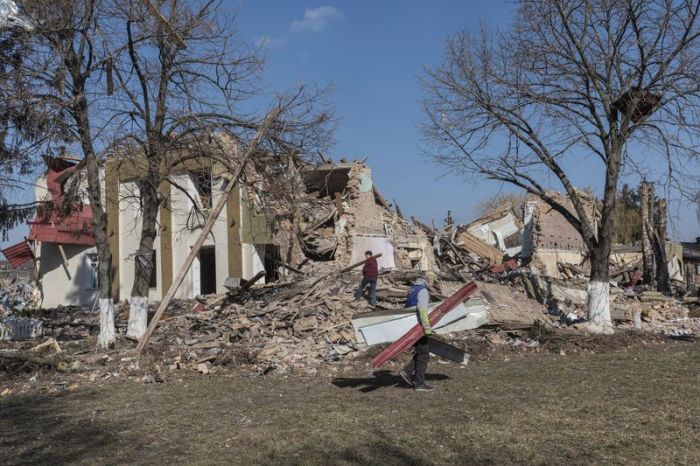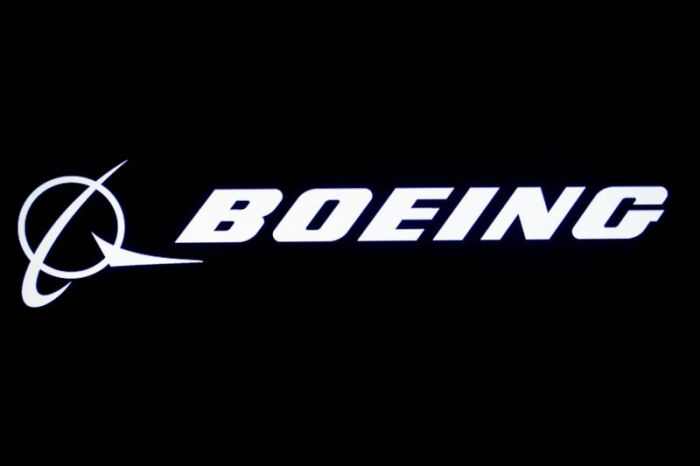(Reuters) – Australia, Britain, Canada and the United States have imposed outright bans on Russian oil purchases following Moscow’s invasion of Ukraine, but 27 members of the European Union remain divided.
Poland and the Baltic states are in favour of the restrictions, but Germany has warned against decisions that could further increase energy prices and cause an economic recession, while Hungary is against.
An EU embargo would require unanimous approval from all 27 member states.
While the political discussions continue, many buyers in Europe are shunning Russian crude voluntarily to avoid reputational damage or possible legal difficulty.
Germany has already reduced its exposure to Russian energy supplies, with Russian oil accounting for 25% of total imports, down from 35% before the invasion, Economy Minister Robert Habeck said on Friday.
Germany’s economy ministry wants the country’s dependence on Russian oil to be halved by the summer, Der Spiegel magazine reported on Friday.
India and China, which have refused to condemn Russia’s invasion of Ukraine, however, could ramp up output of refined products in the short and medium-term, importing more Russian barrels, analysts said.
The following lists major takers of Russian crude:
NEFTOCHIM BURGAS
Bulgarian refinery, owned by Russia’s Lukoil, and with Russian crude accounting for about 60% of its total intake, continues to refine Russian crude.
MIRO
Russian crude continues to account for about 14% of the intake at Germany’s largest refinery, Miro, which is 24% owned by Rosneft..
PCK SCHWEDT
Germany’s refinery, 54% owned by Rosneft, receives crude oil via the Druzhba pipeline.
LEUNA
The land-locked Leuna refinery in eastern Germany, majority-owned by TotalEnergies, is also fed Russian crude by the Druzhba pipeline.
HELLENIC PETROLEUM
Greece’s biggest oil refiner relies on Russian crude for about 15% of its intake. The company earlier this month secured additional supplies from Saudi Arabia.
ISAB
Italy’s largest refinery, owned by Lukoil-controlled Swiss-based Litasco SA, processes Russian and non-Russian crudes.
MOL
The Hungarian oil group, which operates three refineries in Croatia, Hungary and Slovakia, continues to be supplied by the Druzhba pipeline. Hungary is opposed to sanctions on Russian oil and gas.
ZEELAND REFINERY
The Dutch refinery, 45% owned by Lukoil, declined to comment on whether it was using Russian crude oil.
ROTTERDAM REFINERY
Exxon Mobil declined to comment on whether its Dutch refinery in Rotterdam was using Russian crude oil.
HINDUSTAN PETROLEUM,
India’s state refiner bought 2 million barrels of Russian Urals for May loading, according to trading sources last week.
INDIAN OIL CORP
India’s top refiner on March 23 bought 3 million barrels of Urals for May delivery from Vitol, trade sources said. This is the second purchase of Urals by IOC since Russia invaded Ukraine on Feb. 24.
NAYARA ENERGY
Indian private refiner, part-owned by Russia’s Rosneft, has purchased Russian oil after a gap of a year, buying about 1.8 million barrels of Urals from trader Trafigura.
The following lists those that have stopped buying Russian oil:
BP
The British oil major, which is abandoning its stake in Rosneft, will not enter new deals with Russian entities for loading at Russian ports, unless “essential for ensuring security of supplies”.
ENEOS
Japan’s biggest refiner has stopped buying crude oil from Russia, while some cargoes signed under previous agreements will arrive in Japan until around April.
ENI
The energy group, 30.3% owned by the Italian government, is suspending purchases of Russian oil.
No Russian crude will be used at Germany’s Bayernoil refinery, in which Eni and Rosneft have stakes.
EQUINOR
Norway’s majority state-owned energy firm has stopped trading Russian oil as it winds down its operations in the country.
GALP
The Portuguese oil and gas company has suspended all new purchases of petroleum products from Russia or Russian companies.
NESTE
The Finnish refiner has Russian oil contracts until the end of the year, but is not making any new supply agreements.
PKN Orlen
Poland’s largest refiner hasn’t bought Urals crude on the spot market since the start of the war in Ukraine, the company said on Friday, while it has bought a few cargoes from Norway recently.
The company, which operates refineries in Lithuania, Poland and the Czech Republic, however, buys crude under previously signed long-term supply contracts with Russia’s Rosneft and Tatneft.
PREEM
Sweden’s largest refiner, owned by Saudi billionaire Mohammed Hussein al-Amoudi, has “paused” new orders of Russian crude, which accounted for around 7% of its purchases, replacing them with North Sea barrels.
REPSOL
The Spanish company has stopped buying Russian crude oil in the spot market.
SHELL
The world’s largest petroleum trader will stop buying Russian crude and phase out its involvement in all Russian hydrocarbons.
TOTALENERGIES
The French oil major will not sign new contracts, promising to stop buying Russian crude oil and petroleum products by the end of this year.
VARO ENERGY
The Swiss refiner, which owns 51.4% in Germany’s Bayernoil refinery, said it did not plan to enter into new deals to buy Russian crude.
(Reporting by Reuters bureaux; Compiled by Nerijus Adomaitis and Shadia Nasralla; Editing by Jonathan Oatis and Emelia Sithole-Matarise)























